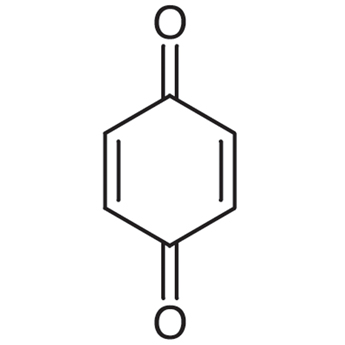What is the NQO1 gene? How Does It Affect Detox?

Table of Contents
Introduction
The NQO1 gene (also known as NAD(P)H: quinone oxidoreductase 1) is the gene that provides instructions for making an enzyme called NAD(P)H dehydrogenase quinone 1.
This enzyme plays a crucial role in the body’s antioxidant defense system by converting harmful quinones, a type of molecule that can cause oxidative damage, into less harmful forms that can be excreted from the body.
What are quinones and why are they harmful?
Quinones are a type of molecule that can be found naturally in the body, as well as in certain foods and pollutants in the environment.
They are formed when oxygen reacts with certain compounds in the body or in the environment.

While quinones are necessary for various physiological processes in the body, they can also be harmful in excess.
This is because they can act as reactive oxygen species (ROS), which are highly reactive molecules that can damage cells and tissues through a process called oxidative stress.
This can contribute to the development of various health conditions, such as cancer, neurodegenerative diseases, and cardiovascular disease.
The Genetics of the NQO1 Gene
The NQO1 gene is located on chromosome 16 and contains instructions for making a protein that is 274 amino acids long. This protein is then modified into a mature enzyme that functions within cells.
Variations in the NQO1 gene have been linked to an increased risk of several health conditions, including cancer, Parkinson’s disease, and cardiovascular disease.
Some of these variations may affect the activity or stability of the NQO1 enzyme, leading to impaired antioxidant function and increased susceptibility to oxidative stress.
Check your DNA raw data (23andMe, Ancestry DNA, Family Tree DNA, MyHeritage DNA, Living DNA)
| rs1800566 Gene variant | Health outcome |
|---|---|
| (C;C) | Normal variant |
| (C;T) | Lower risk for cancer |
| (T;T) | Risk for benzene toxicity and cancer |
Effect on lung cancer
This population-based case-control study examined the association between the NQO1 genotype and lung cancer in a large sample of never smokers. Among those aged >/=50 years, C/T and T/T genotyped individuals had 0.48 times lower lung cancer risk than individuals with the C/C genotype.
Effect on colorectal cancer
Out of 12 case-control studies that include 5,525 cases and 6,272 controls in a meta-analysis. Significant associations between NQO1 rs1800566 genetic polymorphism and risk of colorectal cancer.
Effect on benzene toxicity
Genetic variants in key metabolizing enzymes, myeloperoxidase, and NAD(P)H: quinone oxidoreductase, influenced susceptibility to benzene hematotoxicity.
What is benzene?
Benzene is an organic substance with many useful applications, it can also be harmful to human health when exposure levels are too high. Benzene is a known carcinogen (cancer-causing chemical) in humans. It can also affect the bone marrow, leading to decreased production of red and white blood cells, and can damage the immune system and nervous system.
Evolutionary significance of the NQO1 gene
Paralogs of NQO1 gene
This gene has been conserved in several other mammals that share common ancestors with humans. Chimpanzees, cows, rats, and mice also have the NQO1 gene.
Why do humans have the NQO1 gene?
The NQO1 gene encodes for the NAD(P)H: quinone oxidoreductase 1 enzyme, which plays an important role in protecting cells from oxidative stress. The ability to manage oxidative stress is a crucial adaptation for living organisms, as it enables them to withstand exposure to various environmental stressors, such as pollutants, radiation, and pathogens.
Written By
Share this article












